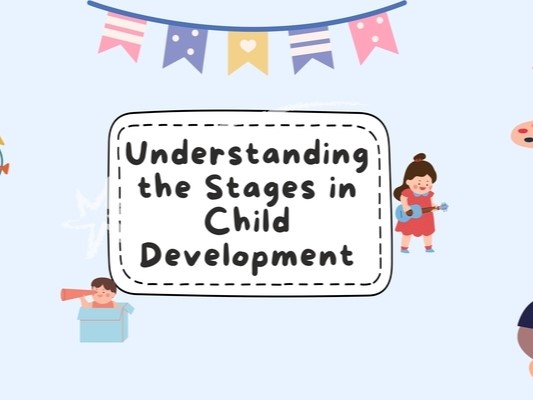Description
Every child grows at their own pace, but understanding the general milestones of development can help you support their journey with confidence and care. This comprehensive course covers child development from birth to adolescence, exploring physical, emotional, social, and cognitive growth at each stage. You’ll learn what typical development looks like, what signs may indicate delays, and how to provide age-appropriate support and stimulation. Topics include speech and language development, motor skills, emotional regulation, social play, problem-solving abilities, and identity formation. The course also discusses the importance of secure attachment, routines, nutrition, and sleep for optimal development. You’ll gain strategies for encouraging curiosity, self-esteem, independence, and healthy relationships through everyday interactions. Practical advice is given for navigating common parenting challenges such as separation anxiety, toilet training, peer conflict, and academic stress. Backed by the latest research in developmental psychology and pediatric health, this course is ideal for parents, educators, childcare providers, or anyone involved in raising or caring for children. By the end, you’ll have a clear, compassionate framework to help your child thrive at every age.






Modupe –
Our staff benefited immensely from this training. It clarified age-appropriate expectations and enhanced how we track and document developmental progress.
Muntari –
This course bridges the gap between theory and real-life parenting. The emotional, social, and cognitive development sections were especially insightful.
Hajara –
This course gave me the tools to better understand my students’ growth stages. It’s full of practical tips I now use in my classroom every day.
Kolo –
It’s informative, research-backed, and well-structured. The course helped me explain milestones more clearly to parents during consultations.
Serifat –
As a first-time dad, I found this course incredibly reassuring. It helped me recognize normal developmental patterns and gave me confidence in supporting my child’s early years.